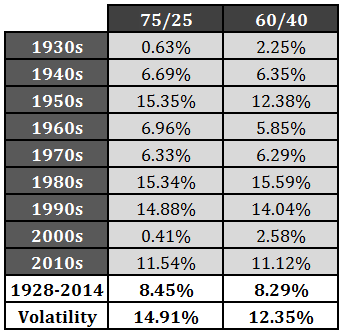Vincenzo Corleone
Full time employment: Posting here.
- Joined
- Jul 20, 2005
- Messages
- 617
Question that's probably a no-brainer for most of you:
My portfolio has gotten unwieldy over the years and I'd love to simplify it, if for no other reason than to make things easier for my wife when I'm gone.
A portion of the portfolio is invested in managed equity mutual funds that I've held for at least 25 years. I'd like to sell those off and put the proceeds in Vanguard Total Stock Market Index Fund (VTI) or something similar. Dividends and capital gains distributions thrown off by the managed funds have been reinvested in their respective funds for the past 25 years and I've made some periodical contributions after my initial investment in some of them.
In addition, I have individual stocks in which I have a loss. I envision selling my managed mutual funds and offsetting realized capital gains with the realized losses of the individual stocks I'd sell.
My question: since I held those managed mutual funds for 25 years, I think - between the reinvested dividends/capital gain distributions and the periodic additions - figuring out my cost basis would be pretty difficult. How should I go about doing so? Thanks.
My portfolio has gotten unwieldy over the years and I'd love to simplify it, if for no other reason than to make things easier for my wife when I'm gone.
A portion of the portfolio is invested in managed equity mutual funds that I've held for at least 25 years. I'd like to sell those off and put the proceeds in Vanguard Total Stock Market Index Fund (VTI) or something similar. Dividends and capital gains distributions thrown off by the managed funds have been reinvested in their respective funds for the past 25 years and I've made some periodical contributions after my initial investment in some of them.
In addition, I have individual stocks in which I have a loss. I envision selling my managed mutual funds and offsetting realized capital gains with the realized losses of the individual stocks I'd sell.
My question: since I held those managed mutual funds for 25 years, I think - between the reinvested dividends/capital gain distributions and the periodic additions - figuring out my cost basis would be pretty difficult. How should I go about doing so? Thanks.

